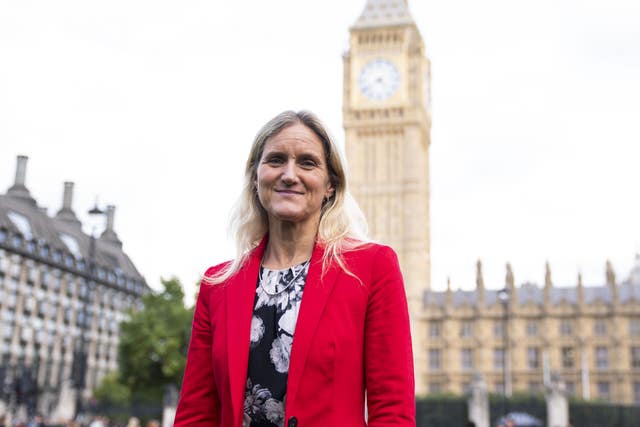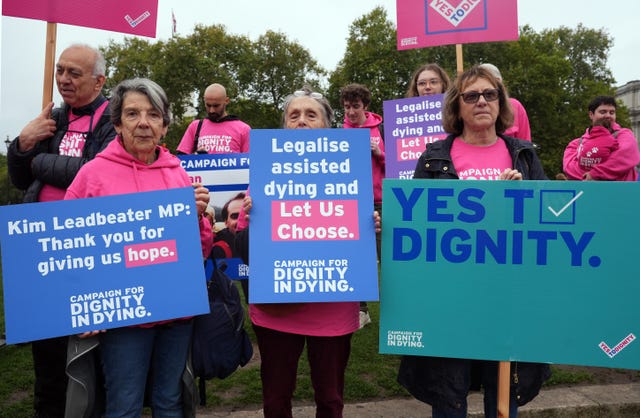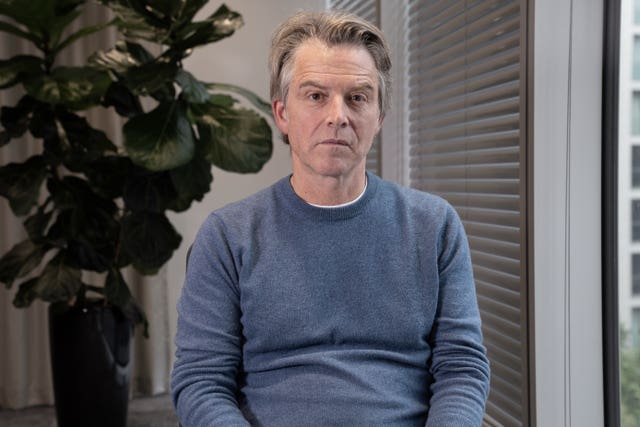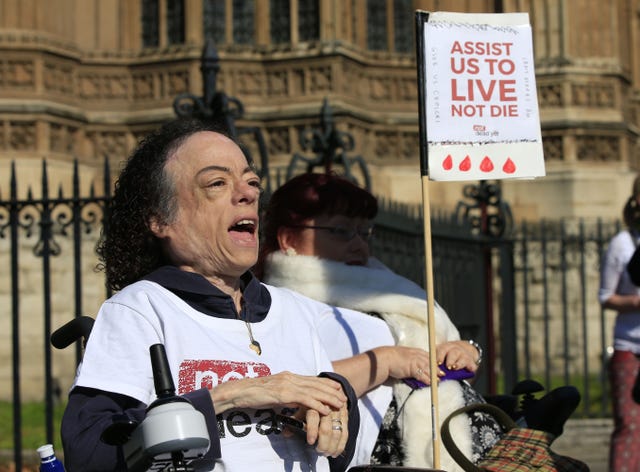New assisted dying Bill a ‘bittersweet’ moment, say some campaigners
The Bill was formally introduced on Wednesday and will be debated at the end of November.

Terminally ill adults in England and Wales could be helped to end their lives “subject to safeguards and protections” as a new Bill was formally introduced in the House of Commons for the first time in almost a decade.
Campaigners on both sides of the controversial assisted dying debate gathered outside Parliament on Wednesday ahead of the Terminally Ill Adults (End of Life) Bill being brought before MPs by Labour’s Kim Leadbeater.
High-profile voices for change include Dame Esther Rantzen, while the Archbishop of Canterbury Justin Welby and actor and disability campaigner Liz Carr have voiced their opposition.
Confirmation of the Bill’s title led campaigners who feel the proposed law should cover those who might not be terminally ill but who are facing unbearable suffering to brand it a “bittersweet moment”.
The Bill’s long title states that it would “allow adults who are terminally ill, subject to safeguards and protections, to request and be provided with assistance to end their own life”.

The precise detail of the proposed legislation – setting out the circumstances which could lead someone to be eligible – is unlikely to be published until closer to that debate.
Although Ms Leadbeater has indicated she would like to see a “time frame” on the diagnosis of patients, and she told BBC’s Newsnight there must be both medical and judicial safeguarding when it was put to her that the Bill could require two medical professionals and a judge to agree.

The chief medical officers of the UK’s four nations also said that, whatever Parliament decides, the provision of good end-of-life care must not be undermined and that healthcare staff “should be able to exercise freedom of conscience as, for example, happens with abortion care currently”.
If the Bill clears its first hurdle at the end of November, it will face line-by-line examination in committee and further Commons votes before being sent to the Lords where the process begins again, meaning any change in the law would not be agreed until next year at the earliest.
It is possible that MPs could vote against it on November 29, as they did last time changes to the law were considered in 2015, preventing it going any further.
Mr Welby, warning of his concerns around legalising assisted dying, told the BBC: “I think this approach is both dangerous and sets us in a direction which is even more dangerous, and in every other place where it’s been done, has led to a slippery slope.”

She said: “That’s why the next six weeks and the debates that will come in the following months are really important.
“We’ve got the benefit in this country of looking at what other countries have done. And I’m very clear, based on what I’ve seen so far and the research that I’ve done is, if we get this right from the start, which some places have done, places like Oregon and certain states in Australia, we have very strict criteria, then those jurisdictions do not broaden out the criteria.
“So we have to get it right from the start with very clear criteria, safeguards and protections.
The Canadian model is open to people experiencing intolerable suffering caused by their medical condition, whereas in Oregon it is limited to those who are terminally ill.
Describing the Bill’s introduction as a “bittersweet moment”, campaign group My Death, My Decision, said it was a “significant and long-awaited step” to “end the inhumane blanket ban on assisted dying”.
But they added that a number of conditions “can make life intolerable for the sufferer well before they can be described as terminal, or the diagnosis of terminal status may come too late, when the patient has lost mental capacity”, and pledged to keep campaigning for these people.

He told the PA news agency: “Although a step in the right direction, this Bill would not have made any difference for my mum and so we feel compelled to keep on campaigning.
“Arguably it is worse living with unbearable long term pain with no end in sight than with a terminal illness where one knows there will be an end.”
Eighty-year-old Maureen Smith, from Essex, dressed in her best clothes and put on her favourite jewellery before taking an overdose in her home in January, having lived with trigeminal neuralgia which sees sufferers endure an electric shock-like pain in their bodies.
Dame Esther, who is terminally ill and revealed in December that she has joined Dignitas due to her fears around a drawn-out, painful death, has urged the public to write to their MPs to ask for “the right to choose, not to shorten our lives, but to shorten our deaths”.

She told PA: “Neither (will the Bill being limited to terminally ill or being wider) allay my fears, neither make me feel less worried.
“Because I know this is such a concerted campaign and such a push, and there are huge lobbyists nationally, internationally, to change these laws that I just don’t feel reassured because they want what they want, and what they want is to legalise assisted suicide.”
Dr Gordon Macdonald, chief executive of Care Not Killing, said the Bill “sends a dog whistle message to the terminally ill, vulnerable, elderly and disabled people, especially those on low or fixed incomes that their lives are worth less than others” and has called for more focus on improving access to palliative care.
MPs will have a free vote in Parliament, deciding according to their conscience rather than along party lines.
Prime Minister Sir Keir Starmer has previously supported assisted dying but has said the Government will remain neutral on the issue.





